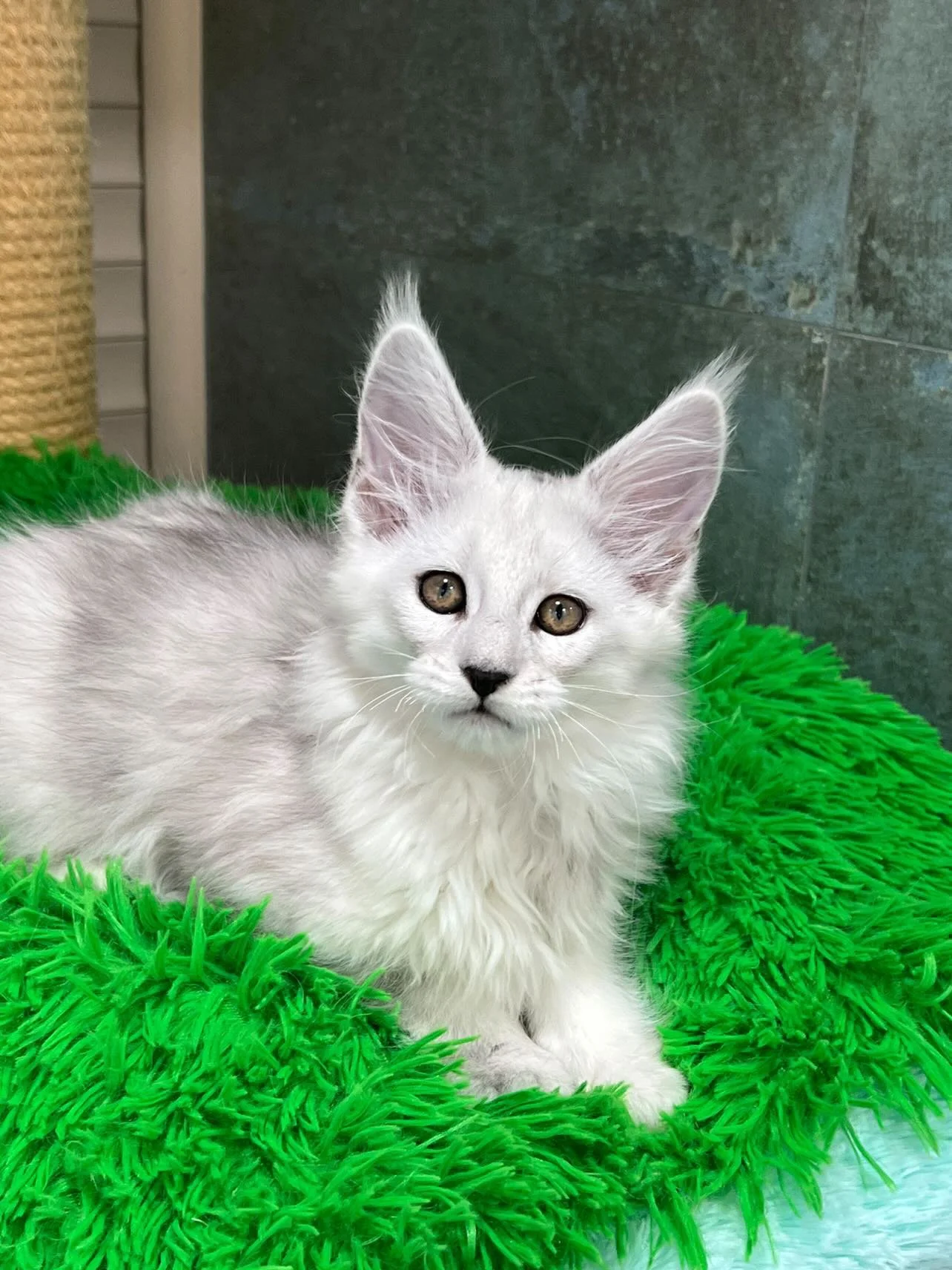Are stray cats inherently healthier than purebreds?
Are Stray Cats Genetically Healthier? A Real Talk Breakdown
Here’s the thing — when you look at stray cats, the ones who actually make it past kittenhood, you’re seeing nature’s version of survival of the fittest in action. Out there, only the toughest little souls pull through. Kittens with weak immune systems, genetic defects, or anything that makes them fragile... sadly, they usually don’t survive. So the ones who do? They’ve already proven they’re resilient.
And there’s something else going on, too: genetic diversity. Stray cats tend to come from a big mix of backgrounds. No inbreeding, no closed bloodlines. That kind of diversity strengthens their genetic pool — it lowers the chance of two faulty genes pairing up. There’s even a name for it: hybrid vigor. It’s one reason why mixed-breed animals often deal with fewer inherited health problems overall.
Now, let’s talk about purebred cats — because they’re not all fragile, but they do face some extra risks.
To maintain a certain “look” or size or temperament, breeders often mate cats that are closely related, even if it's unintentional. This tightens the gene pool and increases the chance of passing on hereditary issues. And sadly, many popular breeds carry known genetic risks:
Persians often deal with kidney disease (PKD),
Maine Coons are prone to heart issues like HCM,
Savannahs sometimes face complications like liver shunts or susceptibility to FIP due to small breeding populations.
The hard truth? Breeding often focuses more on appearance than long-term health. So even if a kitten has a hidden defect, it might still be bred because it fits the breed standard perfectly. It’s a tough balance between form and function.
That said, not every purebred cat is destined for health issues. Responsible breeders — the ones who test, track, and outcross wisely — are doing important work. A purebred from healthy, well-monitored lines can absolutely live a long, happy life.
And to be fair, stray cats face their own challenges too. Many struggle with parasites, infections, poor nutrition, and trauma — things that aren’t necessarily tied to genetics.
So what’s the bottom line?
Strays tend to be more genetically hardy thanks to the way nature filters out the weaker genes. Purebreds, while stunning and often deeply loved, come with a few more built-in risks from their lineage. But in the end, a cat’s overall health depends on so many things — genetics, yes, but also how they’re raised, fed, loved, and cared for.

